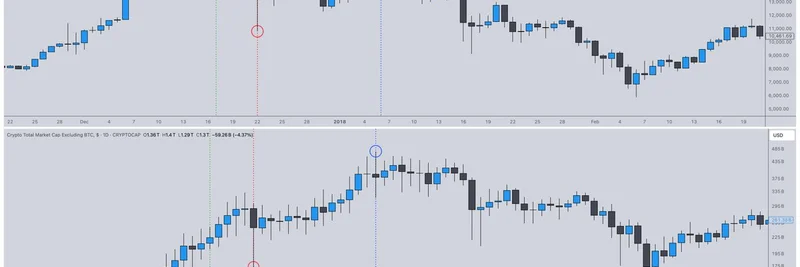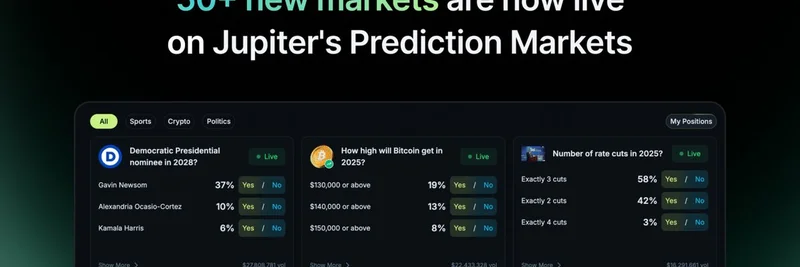In a recent clip that's buzzing across crypto Twitter, Mert from Helius Labs shared a snippet from his podcast featuring Robert Leshner, the founder of Compound and Superstate. Leshner drops a bombshell: "All of the wealth in the world will eventually be tokenized." And we're talking about a
🔍 Exploring podcast context
- The video is a clip from "ACCELERATE" featuring Robert Leshner, founder of Compound and Superstate.
staggering $800 trillion in assets. If you're new to this, tokenization means converting real-world assets—like stocks, bonds, real estate, or even commodities—into digital tokens on a blockchain. This makes them easier to trade, more accessible, and super efficient compared to traditional systems bogged down by spreadsheets and outdated contracts.
The clip, pulled from the Accelerate podcast episode, shows Leshner explaining how everything on Wall Street could migrate to blockchains like Ethereum or Solana. He paints a picture where DeFi (that's Decentralized Finance, basically banking without banks) isn't just for crypto natives but expands to encompass the entire global economy. Imagine borrowing against your house or trading company shares instantly, all on-chain, without the usual red tape.
This idea isn't pie-in-the-sky. Leshner has been pushing boundaries since 2018 with Compound, a protocol that lets users lend and borrow crypto assets. Now, through Superstate, he's focusing on bringing traditional assets into the crypto fold. One cool project he mentions is Opening Bell, which allows companies to list their stocks directly on blockchains alongside traditional exchanges like NASDAQ. This could open doors for a new wave of investors, boosting liquidity and demand.
But why does this matter for meme token enthusiasts? Well, meme coins are essentially tokenized culture—fun, viral ideas turned into tradeable assets. If Leshner's vision pans out, we could see a blend where memes evolve into more structured RWAs (Real World Assets), or vice versa. Think about it: tokenized memes could gain real utility, like representing shares in community-driven projects or even tying into larger economic plays.
The tweet sparked a flurry of reactions. One user joked that $359 trillion of that wealth would come from Housecoin, a meme token hedging against the housing market. Others hyped unstable coins or world computer money, showing how this high-level talk trickles down to the meme community, inspiring wild ideas and new launches.
For blockchain practitioners, this is a wake-up call. Tokenization could democratize finance, making it faster and more inclusive. But it also brings challenges like compliance and KYC (Know Your Customer) requirements to ensure everything stays legit. Leshner emphasizes starting with public companies and treasuries, like MicroStrategy, which are already crypto-friendly.
If you're intrigued, check out the full episode on YouTube here. It's packed with gems for investors and builders alike. As the crypto space accelerates, keeping an eye on tokenization trends could be your edge in navigating the next big wave.
What do you think—will we see $800 trillion on-chain in our lifetime? Drop your thoughts in the comments below!



